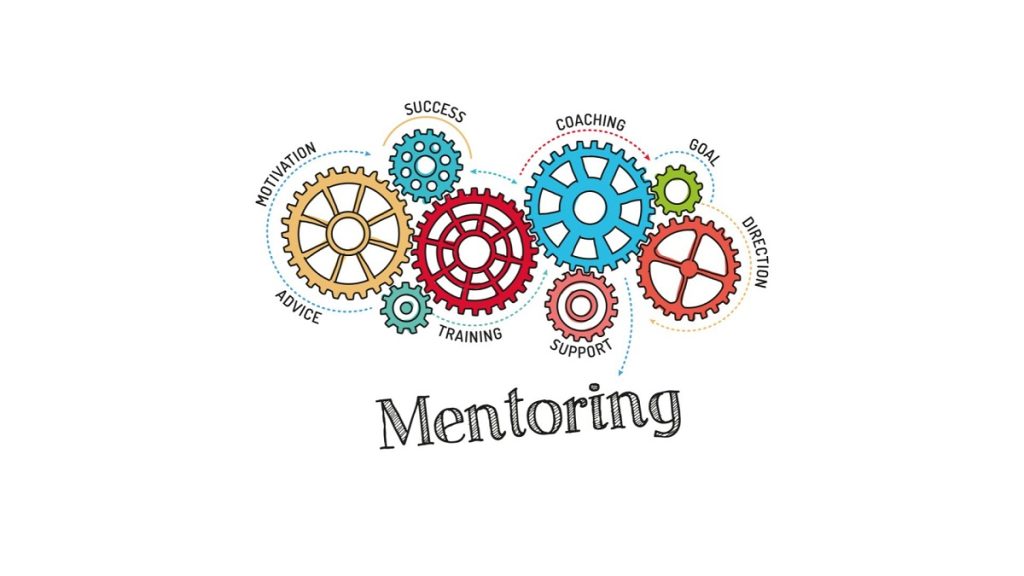Gen Z is the future of the workforce, but these younger workers born between 1997-2012 are tech-savvy, socially concerned, and entrepreneurial. Yet, work-life balance is essential to them. They value independence along with mentorship from experienced workers. Integrating Gen Z into the workforce can be challenging but rewarding.
Gen Z, the cohort born between 1997 and 2012, is the youngest age group in the full-time workforce. They currently comprise 30 percent of the world’s population, and by 2025, they will be about 27% of the workforce in the U.S. Many from this demographic approach the workplace with an outlook and skill package that distinguishes them from earlier generations.
These workers have plenty to offer, but companies who want to attract them and mine what they have to offer must understand what makes them tick. Integrating Gen Z into the workforce can be challenging,
What Is Different About Them?
Every generation is influenced by the current events of their time, and when they come to work, they bring their outlook and attitudes along with their talent. Every generation had major events that impacted their work style and expectations.



The Gen Z generation was born during a time when a recession overtook the economy and was impacted by the COVID-19 pandemic.
- The aftermath of the terrorist attacks of 2001 made youth more anxious and more willing to talk about it.
- The Great Recession of 2007-2009, followed by recovery, ushered in lean times for many families as the economy faltered, banks went bankrupt, and the housing market collapsed.
- The pandemic that started in 2020 disrupted formative school years, and in-person contact with their peers was limited.
Because technology, widespread internet access, and social media were always a part of their lives, they are considered the first digital native generation. Navigating online platforms is second nature. In-person communication is not.

Gen Z members have strong opinions about company culture and how businesses should interact with society. They should be good corporate citizens who stand for something. According to Tara Salinas, a professor of business ethics at the University of San Diego, Gen Z sees corporate culture as “front and center. If a company’s culture doesn’t align with what Gen Z employees expect, they’re going to leave.”
“They want to work at a company that is essentially a good global citizen and actually investing in the world,” Salinas said. “In prior years, when we talked about millennials, it was about getting ping-pong tables in the office. That’s just not going to cut it [with Gen Z].”
Salina says Gen Z workers also expect their employer to provide more than a job. “Self-care, mental health, and global issues are important to them, and, if it isn’t a part of your company culture, that’s a huge turnoff to Gen Z employees.”
What Do They Want In The Workplace?
Kailash Ganesh, writing in Culturemonkey, summarizes 10 things Gen Z want in the workplace.
1. Communication preferences
Tech-savvy Gen Zers prefer to text rather than talk and communicate via instant message rather than email. This puts them at odds with older colleagues. Even the style used in their communication is different. “Yours truly” is out as a closer to an email; a simple “thank you very much” or “thanks” is a more likely close.
2. Work and life balance expectations
Work/Life balance is important, which makes flexible leave and remote work appealing. They may eventually prefer remote options, even as digital nomads abroad, but they want to be in the office now for mentoring.
3. Opportunities for jobs, career advancement, and job security
Despite their commitment to social issues such as climate change and sustainability, Gen Zen jobholders go for the gold and seek financial advancements. In pursuit of higher pay and career advancement, they may change jobs ten times between the ages of 18 and 34 if they do not see a clear path to growth in the future.
4. Traditional work structures
Gen Z doesn’t want to sit quietly by as a hierarchy of more seasoned higher-ups talk. They want to contribute. They pride themselves on their ability to multi-task, so they like working on several projects at once. Though they like to be independent and self-directed, they want training from more experienced workers.

5. Mental health awareness of the employer
This group expects a good health plan with mental health support, too. Many of them have already experienced burnout or at least seen it in others.
6. Immediate gratification versus perseverance
Achieving career success may happen quickly, but for most people, growth and advancement is incremental. Gen Z may grow impatient and leave jobs rather than wait for opportunities that may come with experience.

7. Need for immediate feedback in an environment that doesn’t always offer it
Gen Zers want instant feedback, which is not always offered to workers. There may be a delay in responding in traditional work environments, but when communication is asynchronous, they may not get it at once, either. (Refer to Point 3!)
8. Need for mentorship to help them grow
As much as Gen Zers know they have what it takes to make a mark on the world, they need and want mentorship to excel. This is why 57% of them want in-person jobs where they have face-to-face contact with supervisors. Without the opportunities for in-person mentorship, the office has no purpose.


9. Diversity and inclusivity
According to Monster.com, Gen Z workers see diversity as “a mix of experiences, identities, ideas, and opinions, rather than the more traditional definition of diversity, such as underrepresented racial, ethnic, and gender demographics.” In a recent survey by the company, 83% of Gen Z workers said that diversity and inclusion were important characteristics in a new employer. Other studies note that employees in diverse atmospheres are more likely to actively engage in the workplace.
10. Managing job insecurity in a gig economy
Many Gen Z workers find working short-term gigs lucrative, interesting, and meaningful while being flexible. The downside is that many of these positions do not offer the stability and benefits Gen Z workers expect.
How Can Employers Respond To These Needs And Attract Gen Z Workers?
Gen. Z employees are crucial to the current and future work scene. Even though some employers might see them as demanding and even entitled, the business world needs them for their skills and potential. As they become dominant in the workplace, companies who want their talent must change to present themselves as relevant, socially conscious, and tech-savvy.
It need not be a battle of the wills. It is also not the 19th century. Employers must listen to the needs of every generation of workers. They can set boundaries while successfully channeling what Gen Z has to offer.

Integrating Gen Z Into The Workforce
Deloitte Consulting suggests a new mindset that flows through recruitment, training, and mentoring programs, implemented with a 6-pronged approach.
- Evaluate the reputation of your company and consider meaningful changes that will encourage younger workers to find a place there.
- Develop a profile of the type of your ideal employee and then create internal apprenticeship programs that use skills new employees have to offer within your organization.
- Partner with universities to obtain more female candidates for technical roles.
- Respect Gen Z’s preference for diverse opportunities by creating latticed career paths and multiple work formats.
- Match project needs with the skill sets of employees.
- Set up mentoring programs that use the expertise of Gen C, Gen Y, and Boomer talent to train strong Gen Z leaders.
Gen Z workers may be new to the workforce but are anxious to make their mark. Savvy employers will welcome them with open minds and training opportunities.


